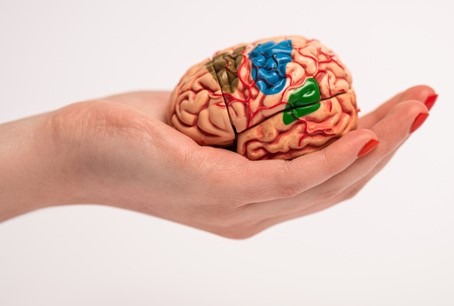Amnesia: Causes, Symptoms, Treatment, and Precautions
“Learn about amnesia: causes, symptoms, and treatment. Understand memory loss and find support. also called amnestic syndrome — usually know who they are. 🧠 #Amnesia”


Amnesia is a neurological condition that affects a person's memory, causing partial or complete loss of memory. It can be a distressing condition for both the individual experiencing it and their loved ones. In this article, we will delve into the causes, symptoms, treatment options, and precautions for amnesia.
Causes of Amnesia
Amnesia can be caused by various factors, including:
1. Head injuries: Traumatic brain injuries resulting from accidents or falls can lead to amnesia.
2. Stroke: A stroke can disrupt the blood supply to the brain, causing memory loss.
3. Alzheimer's disease: This progressive neurological disorder can cause memory impairment and eventually lead to amnesia.
4. Substance abuse: Excessive alcohol or drug use can damage the brain and result in memory loss.
5. Psychological trauma: Severe emotional or psychological trauma, such as witnessing a traumatic event, can trigger amnesia as a defense mechanism.
Symptoms of Amnesia
The symptoms of amnesia can vary depending on the severity and type of amnesia. Some common symptoms include:
1. Difficulty remembering recent events or forming new memories.
2. Inability to recall past memories or significant life events.
3. Confusion or disorientation about time, place, or identity.
4. Difficulty learning new information or retaining new memories.
5. Frustration or anxiety due to memory loss.
Treatment for Amnesia
While there is no specific cure for amnesia, treatment options aim to manage the underlying cause and alleviate symptoms. These may include: 1. Medications: Depending on the cause of amnesia, certain medications may be prescribed to manage symptoms or address underlying conditions. 2. Therapy: Cognitive-behavioral therapy (CBT) can help individuals develop coping strategies and improve memory function.
3. Rehabilitation: Occupational therapy or speech therapy may be recommended to assist with memory retention and daily functioning.
4. Lifestyle modifications: Adopting a healthy lifestyle, including regular exercise, a balanced diet, and adequate sleep, can support brain health and potentially improve memory.
Precautions for Amnesia
While it may not be possible to prevent amnesia entirely, there are certain precautions that can help maintain brain health and reduce the risk of memory loss:
1. Protect your head: Take precautions to prevent head injuries, such as wearing seat belts in vehicles, using helmets during sports activities, and ensuring a safe environment at home.
2. Limit alcohol and drug use: Excessive alcohol consumption and drug abuse can have detrimental effects on brain function and memory.
3. Manage stress: Chronic stress can negatively impact memory. Practice stress management techniques, such as meditation, exercise, and seeking support from loved ones.
4. Stay mentally active: Engage in activities that stimulate your brain, such as reading, puzzles, learning new skills, and socializing.
5. Maintain a healthy lifestyle: Eat a nutritious diet, exercise regularly, get enough sleep, and manage any underlying health conditions to support overall brain health.
In conclusion, amnesia is a complex condition that can have a significant impact on an individual's life. Understanding the causes, symptoms, treatment options, and precautions can help individuals and their loved ones navigate this challenging condition with greater knowledge and support.
